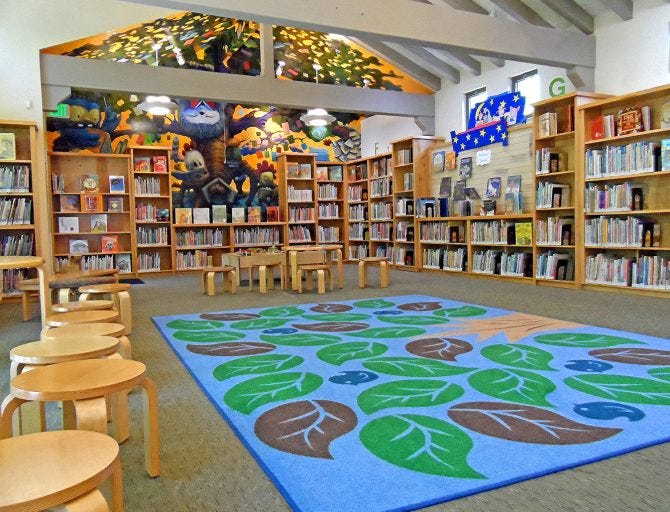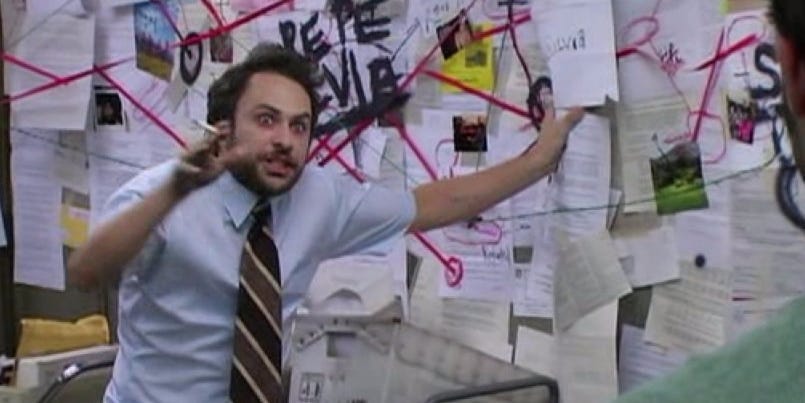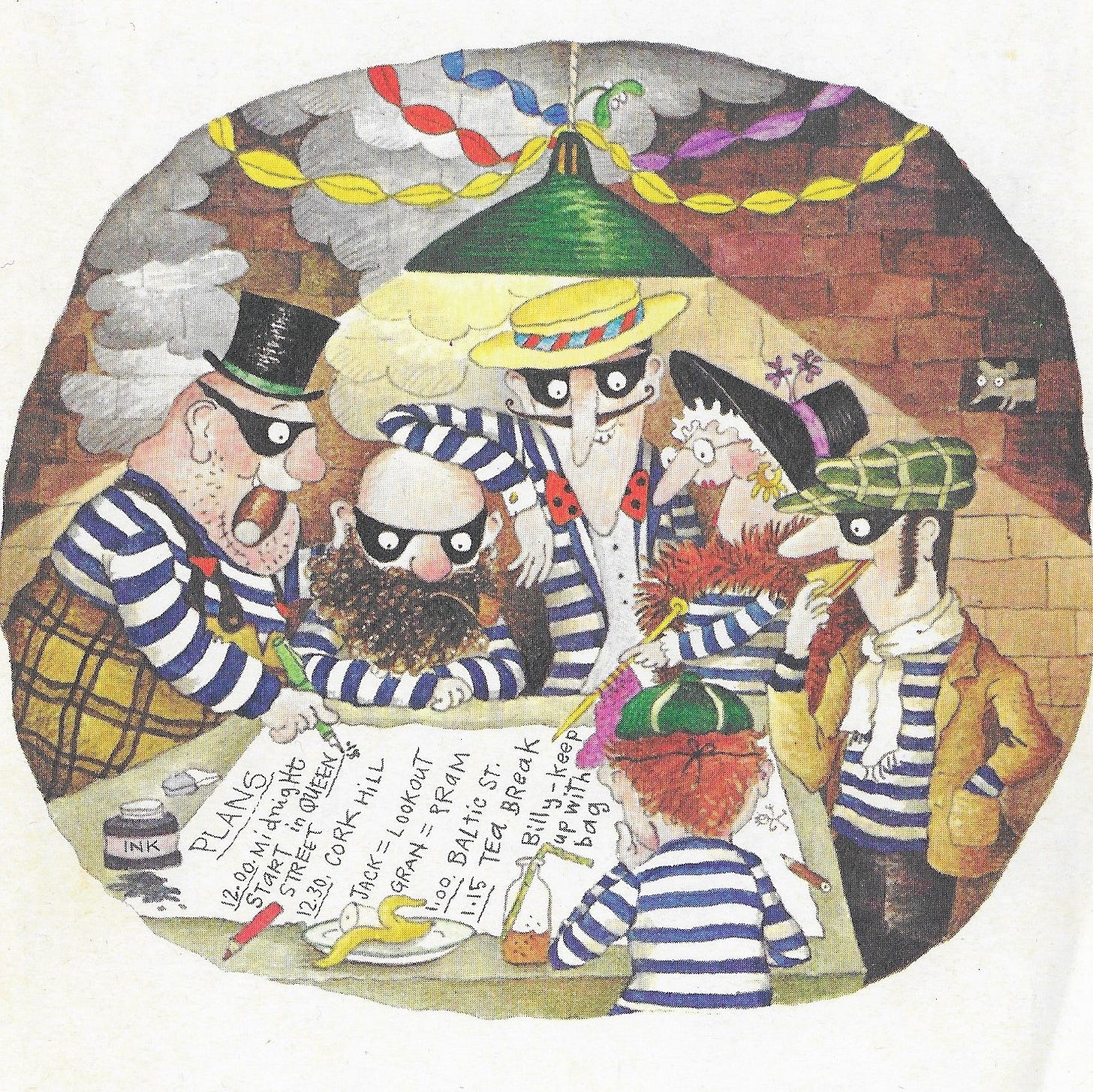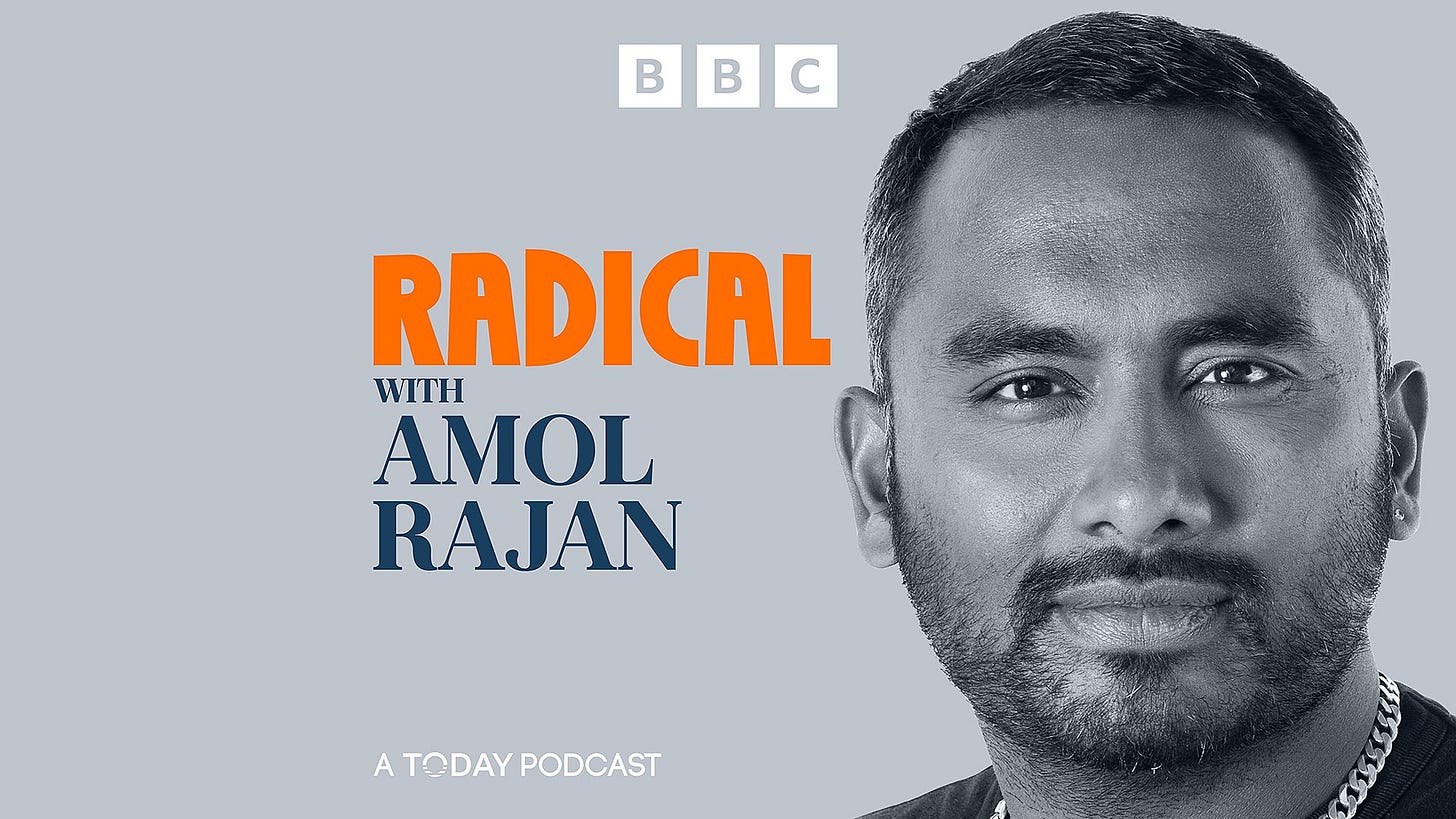Welcome to Friday Footnotes, a short weekly newsletter from Storygram Labs (with pictures!) about reading, motivation, children’s books, education, writers, and whatever else catches our attention.
Three quick things 🧐
1. On the benefits of reading to children
This post from
is testament to the beauty of reading with your children:I read [the Narinia] series to my oldest child. He was keen on words, and make believe. After that we tackled A Wrinkle in Time by Madeleine L’Engle. Then he asked for a story that was scary. The children's librarian recommended the author John Bellairs, The House with a Clock in its Walls. There was plenty of time for play, siblings, a little TV, etc.
The biggest win in having the books read for him was the time spent with his mom. Second was the exposure to great new words phrases and emotions. Third was an understanding of different ways to exist in the world and that actions have consequences. Of course, he didn't know this back then. But his mind was opened to the value of reading, deeply and widely.
No, he's not a president, a CEO, a religious leader or wealthy. He is a grounded man, appreciative for his gifts, committed to his work, generous in spirit and loving. I'm so grateful for his presence in my life. Many thanks to the hard working underpaid children's librarian, teachers, his dad, and my parents.
An important reminder that it’s not all about social mobility or success — reading contributes towards character. Amen to that, Elizabeth.
2. ‘Year Zero’ for kids books?
asks why a big, well-stocked children’s bookshop she visited doesn’t contain any classic titles: ‘not even Narnia’. If you’ve not heard of ‘Year Zero’, here’s what Wikipedia has to say:
Year Zero is an idea put into practice by Pol Pot that all culture and traditions within a society must be completely destroyed or discarded and that a new “revolutionary” culture must replace it starting from scratch. In this sense, all of the history of a nation or a people before Year Zero would be largely deemed irrelevant, because it would ideally be purged and replaced from the ground up.
Is this a sinister conspiracy ‘Year Zero’ plot — a systematic erasure of classic cultural content? Or is it a symptom of the modern data-driven sales process, where stores only stock books that sell specified minimum quantities? What do you think?
3. Authors vs Anthropic AI - the biggest IP class action ever?
Back in 2023, The New York Times filed a record complaint against Microsoft and OpenAI, alleging they had stolen 3 million of their registered articles. At the time, this promised to be the most high-stakes IP litigation ever.
This year, three authors brought a case against Anthropic (who developed the chatbot Claude) that could make the NYT claim seem tiny. The authors argued that their work had been pirated by Anthropic, who used the works for training their LLM.
According to the Copyright Alliance:
U.S. copyright law states wilful copyright infringement can lead to statutory damages of up to $150,000 per infringed work. The ruling states Anthropic pirated more than 7 million copies of books.
Theft on such a grand scale does not seem like an ideal foundation for a company, no matter how transformative the technology might become. We’ll be watching the case unfold with interest!
Worth a listen 💯
The author Katherine Rundell appeared on the BBC podcast Radical with Amol Rajan recently in an episode titled Books v Screens: Why Every School Needs a Library.
Amol and Katherine discussed several areas we at Storygram are invested in, including:
Why access to classic children’s books is so important — and yet we also need new authors
Kids should be encouraged to read books outside their age range
Motivating kids to read by giving them books about their interests (e.g. if a child is interested in football, a story about football might interest them)
Listen to the full episode on BBC Sounds here.
Quote
“Ma… took me to the public library before I could read, got me a library card, showed me how to use it, and always made sure I had access to kids books at home. In other words, despite all of the environmental pressures from my neighbourhood and community, I received a different message at home. And that just might have saved me.”
— J.D. Vance, Hillbilly Ellegy.1
That’s all for today. Have a wonderful (and sunny!) weekend.
However you feel about Vance and his politics, he is a real-life example of social mobility: from a broken home and a community offering little hope or prospects, who went on to achieve a law degree from Yale Law School. And, of course, long after writing this memoir, became the American Vice President. Vance credits the efforts of his grandpa and mum in particular (people who were certainly not perfect) for teaching him maths and reading at home from a young age.







Thank you for the nod. Much appreciated. Thanks to children's librarians everywhere ❤️.